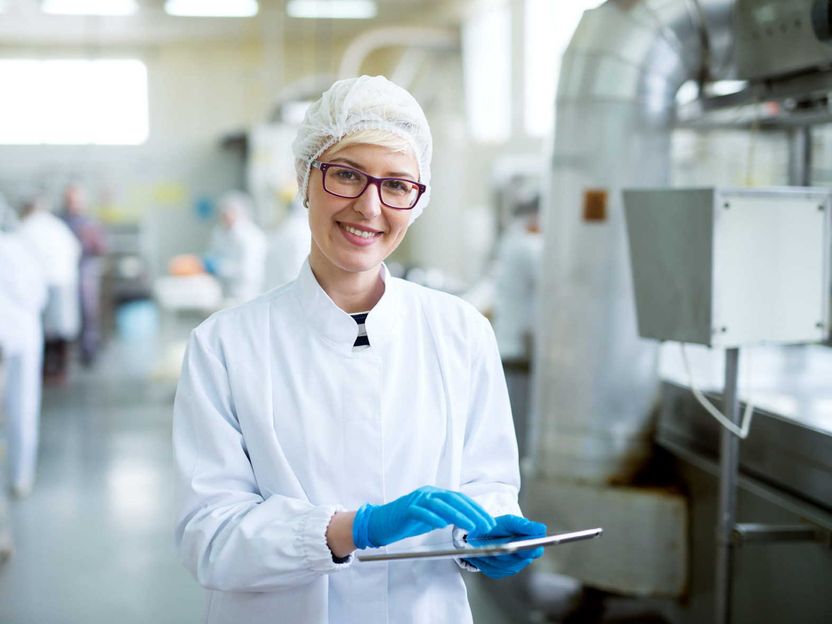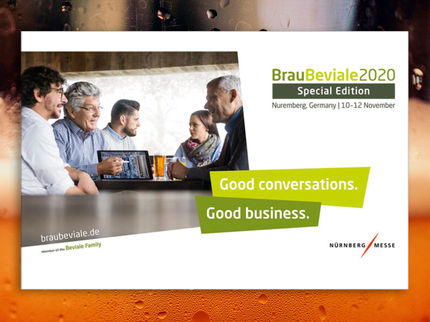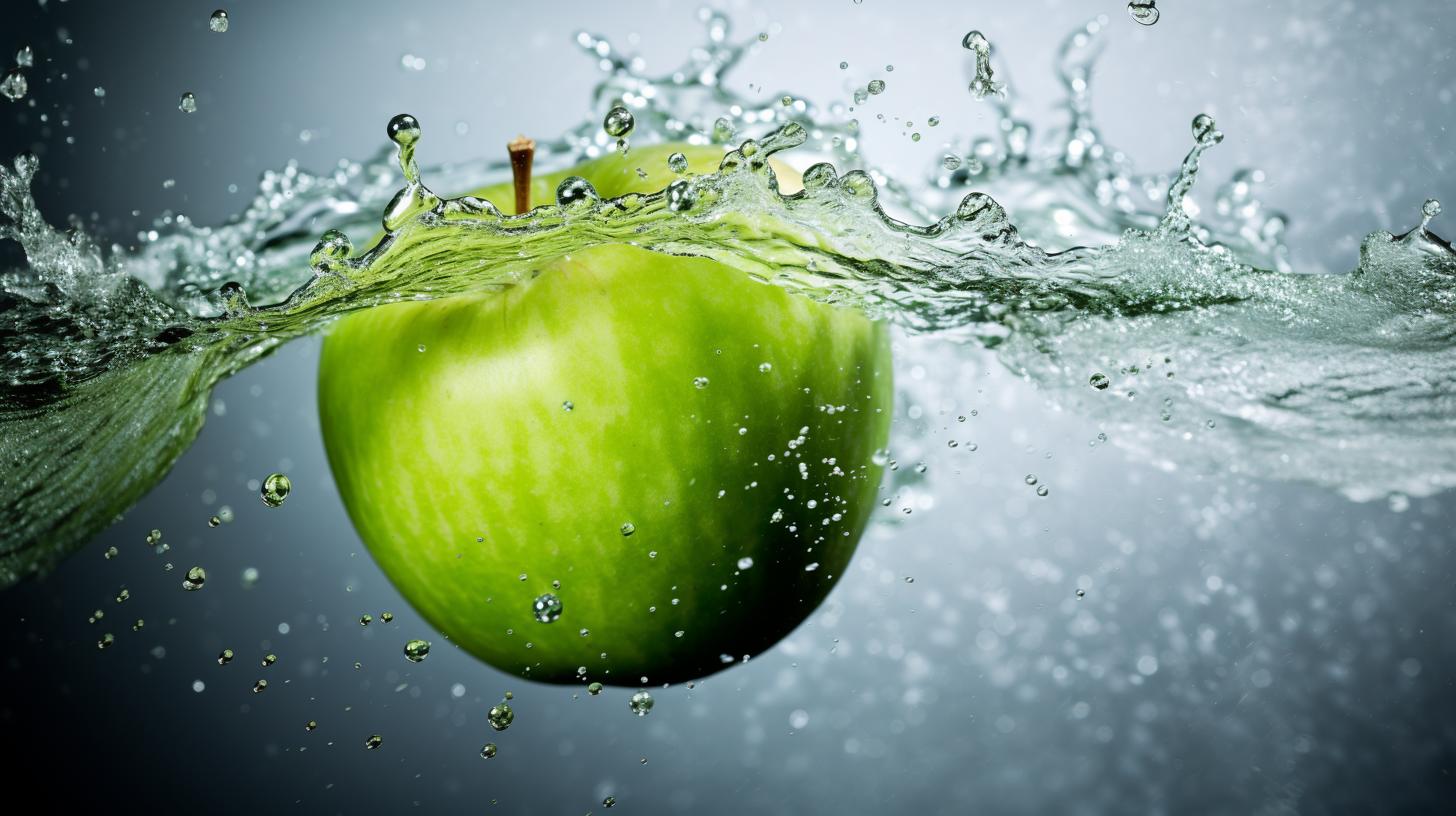25 years of quality and safety in the food sector
Founded 25 years ago as LSG hygiene Institute GmbH (LHI) and a subsidiary of Lufthansa Service Holding AG (LSG), the company has been owned by TÜV SÜD for many years - since July 2013 under the name TÜV SÜD food safety Institute GmbH (FSI). The aim and voluntary commitment is to guarantee food safety and product quality on the basis of specially developed hygiene criteria. The company turns 25 on 28 February.

TÜV SÜD
Food safety is always an important and topical issue. Unfortunately, this is shown again and again by incidents such as hygiene scandals, e.g. in large bakeries, sausage and meat producers or restaurant chains, EHEC in sprouts and vegetables or noroviruses in frozen fruit. It is therefore the task of the FSI GmbH
- to create the awareness that food safety & hygiene are as important for the business success and the brand as the products themselves
- to create the willingness that this requires personnel, time and ultimately money
- to create the understanding that a lack of hygiene in matters of food safety can take on dramatic proportions and even threaten the existence of the business.
"Our task - I would almost say vocation - is to support food companies here, to identify possible weak points in manufacturing processes, to make risks visible and to avoid or control them by taking appropriate measures," explains the Managing Director of TÜV SÜD Food Safety Institute GmbH, Thorsten Steinhübel.
Looking back on a long history
As early as 1975, the Hygiene Institute was founded as an internal central laboratory of Lufthansa Service at Frankfurt Airport and shortly afterwards renamed the "Research and Development Department". "We are very proud that our Institute can de facto look back on such a long history. We have thus been ensuring safe enjoyment for over 45 years, both on the plane and in the restaurant or canteen," says Thorsten Steinhübel.
HACCP: Risk analysis for food safety
At that time, a concept was developed for the first time to guide food safety and hygiene criteria for LSG worldwide: HACCP. The abbreviation stands for Hazard Analysis and Critical Control Points. The concept aims to prevent hazards in food production that could lead to consumer illness or injury. The background for the development of the concept were frequent food-related illnesses on long-haul flights (never at Lufthansa), because catering processes were not yet adapted to long transport times and compliance with cold chains.
In the 1990s, this standard was developed into an HACCP concept for large-scale catering and communal catering, which has since proven itself many times over in Germany. When more and more external food-processing companies wanted to use the services of LHI and the laboratory, the GmbH was founded.
TÜV SÜD takes over
In 2005, TÜV SÜD Management Service GmbH acquires 75% of LHI and further expands its food safety services: Certifications, Audits & Consulting and Food Testing have since formed the three pillars in the portfolio. Since 2013, LHI has been a wholly owned subsidiary of TÜV SÜD Product Service GmbH and has thus also been given its current name: TÜV SÜD Food Safety Institute GmbH. This is responsible for
- Food safety
Steering, monitoring and ensuring food safety in in-house quality, food safety and hygiene management across the entire value chain in terms of compliance with strict legal requirements and the expectations of standard setters such as IFS, BRC or ISO and customers. Challenges beyond pure hygiene include food defense, foreign object, allergen and supplier management due to the increasing complexity of supply chains in the wake of globalization. - Hygiene and health
Ensuring that manufacturers and processors of food meet the legal requirements so that no health hazards emanate from their food. Hygiene inspections in gastronomy, catering, clinics and in retail and online trade, determination of the hygiene status of companies, according to strict TÜV SÜD hygiene standards, which can be extended by company-specific standards. Sampling of food, surfaces, drinking water and dishwashers for microbiological testing as an accompanying safeguard.
The road to the digital age
Three years ago, TÜV SÜD Food Safety Institute GmbH took a major step towards digitalizing its service offering: it acquired a stake in the start-up flowtify, a provider of digital hygiene management. This heralded a shift towards becoming a provider of app solutions, data management and SaaS (Software as a Service) for food companies. "The Corona pandemic and associated lockdowns have brought many industries to a standstill at the moment, including our traditional customers in hospitality, events, travel and higher education. But at the same time, it has once again accelerated the digitization process and dispelled existing customer concerns: digital HACCP, integration of sensors to record temperatures (IoT) and hygiene training via e-learning are now sought-after parts of our digital service offering," explains Thorsten Steinhübel.
With the Covid-19 hygiene app for retail, FSI developed a solution that can be used universally as a short-term response to the challenges for the Restart. As a so-called eHACCP, it is a system of operational self-monitoring, i.e. it is set up as a self-check for companies. The hygiene-critical points during the entire shopping process from the shopping trolley to the checkout to leaving the store can be mapped. This also convinced the MediaMarkt/Saturn Group, which uses the app in over 400 stores in Germany and Austria. And with the staysafe® hygiene label, FSI Wege gives hotels and providers of office workplaces a way to safeguard their hygiene management and communicate it effectively to guests and customers.
Note: This article has been translated using a computer system without human intervention. LUMITOS offers these automatic translations to present a wider range of current news. Since this article has been translated with automatic translation, it is possible that it contains errors in vocabulary, syntax or grammar. The original article in German can be found here.































































